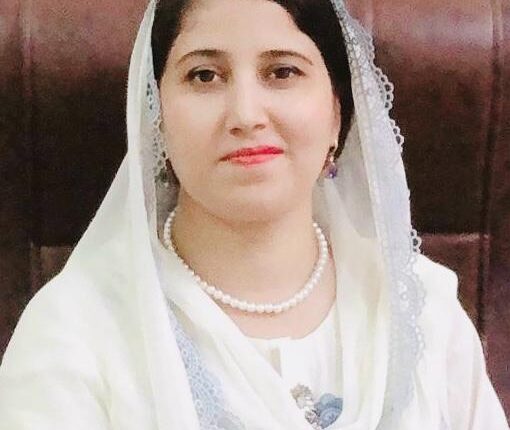MOSCOW: Russian President Vladimir V. Putin said the West faced the prospect of nuclear conflict if it intervened more directly in the war in Ukraine, escalating his threats against Europe and the United States in his annual address to the nation on Thursday. The New York Times reported about it.
Putin said that NATO countries that are helping Ukraine strike Russian territory or might consider sending their own troops “must finally understand” that “all this really threatens a conflict with the use of nuclear weapons and therefore the destruction of civilization.”
“We also have weapons that can hit targets on their territory,” Putin said. “Don’t they understand?”
The Russian leader was alluding to French President Emmanuel Macron’s comments this week about the possibility of NATO troops being sent to Ukraine, a scenario the Kremlin says will lead to the “inevitability” of direct conflict between Russia and the Western alliance.
Also read: US encourages Pakistan to cooperate with IMF
The United States and other Western governments have largely sought to distance themselves from Ukrainian strikes on Russian territory, and Macron’s remarks about the possibility of sending Western troops to Ukraine drew swift rebuke from other Western officials who ruled out such a deployment.
However, Putin considers Russian-occupied Ukraine to be Russian territory and seized on Macron’s remarks to amplify his threat. “We remember the fate of those who once sent their contingents to the territory of our country,” Putin said, an apparent allusion to the invasions of Hitler and Napoleon. “Now, however, the consequences for potential interventionists will be much more tragic.”
Putin’s threats on Thursday came in the opening minutes of his annual State of the Nation address, a key event on the Kremlin calendar in which the president declares his plans and priorities in a televised address to hundreds of officials, lawmakers and other members. Russian ruling elites.
This year, the speech has gained significance because of Russia’s March 15-17 presidential election, in which Putin is running for another six-year term. He is certain to win, but the Kremlin has launched a coordinated publicity campaign ahead of the vote to use it as a sign of public approval of Putin’s rule and, by extension, his war.
The speech came at a geopolitically sensitive time: After more than two years of war, Russia has taken the initiative on the battlefield, military aid is on hold in the US Congress and Western governments are at odds over how best to support Ukraine.







